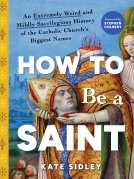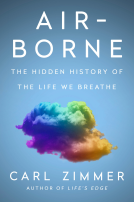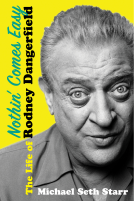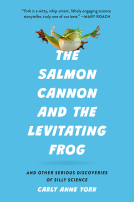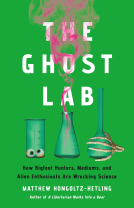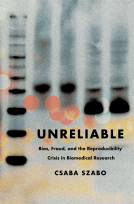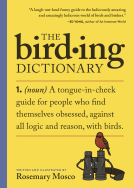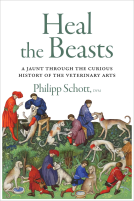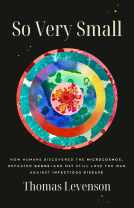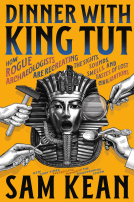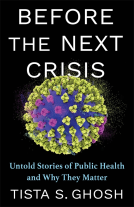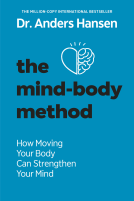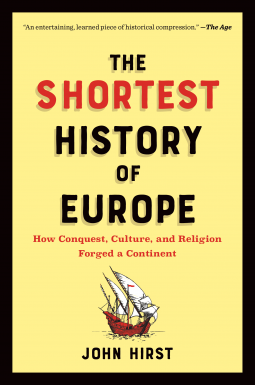
The Shortest History of Europe
How Conquest, Culture, and Religion Forged a Continent—A Retelling for Our Times
by John Hirst
This title was previously available on NetGalley and is now archived.
Send NetGalley books directly to your Kindle or Kindle app
1
To read on a Kindle or Kindle app, please add kindle@netgalley.com as an approved email address to receive files in your Amazon account. Click here for step-by-step instructions.
2
Also find your Kindle email address within your Amazon account, and enter it here.
Pub Date Nov 08 2022 | Archive Date Dec 20 2022
Talking about this book? Use #TheShortestHistoryofEurope #NetGalley. More hashtag tips!
Description
Propelled by a thesis of startling simplicity, celebrated historian John Hirst’s fast-paced account of the making of modern Europe—from Ancient Greece to today—illuminates the continent as never before. Just three elements—German warrior culture, Greek and Roman learning, and Christianity—account for everything from the Crusades to the Industrial Revolution. Hirst’s razor-sharp grasp of cause and effect helps us see with sparkling clarity how the history of Europe—and the crucible of liberal democracy—shapes the way we live now.
Advance Praise
“Crisp, lucid, and evocative.”—Australian Book Review
“A wise, illuminating little book.”—The Sydney Morning Herald
“An entertaining, learned piece of historical compression.”—The Age
“Beautifully and sparely constructed, yet rich in fact, feeling and detail, sweeping, challenging and funny.”—James Button, journalist and editor
“Great stuff, the book as a whole is constantly thought-provoking.”—Courier Mail
Available Editions
| EDITION | Other Format |
| ISBN | 9781615199143 |
| PRICE | $16.95 (USD) |
| PAGES | 224 |
Featured Reviews
 Janalyn P, Reviewer
Janalyn P, Reviewer
This is a funny humorous short history of England from the Jameses to their descendents to their religious practice and more it’s all in this book I found an easy to understand and it also made me laugh and parts. If you log history then you’ll like this book it really is a fun short read. I received this book from NetGalleyShelf and I am leaving this review voluntarily please forgive any mistakes as I am blind and dictate my review.
I loved reading this book. I liked the non-flowery writing style with its clarity and conversational tone. Considering the time span and magnitude of the subject matter, there is an astonishing depth of information in what is actually a relatively concise book. The maps and visuals helped with this. John Hirst opted to explain why things happened as opposed to just offering a collection of dates, places, and names. Obviously Hirst couldn’t go into a lot of details, but I feel like he covered all the major ones. I was also pleased that the parts on World Wars 1 and 2 were equally treated concisely. The book is fast-paced and impossible to put down, yet it doesn’t feel rushed. The one downside of the book is that it really only covered western Europe. Despite this, this is a great book for anyone interested in the history of Europe. Thank you to Netgalley and The Experiment for the advance reader copy.
 Media/Journalist 16509
Media/Journalist 16509
Engaging and informative! I learned a lot and plan to read it with my kids and feature it on my homeschool site. I’ll update with the link when I do so.
(4/5) I thought this book was engaging and informative, but I will say -- the nature of a book entitled "Shortest History of" anything is that it will inevitably gloss over things, leave things out, and summarize it in a way that would probably cause a fistfight at any gathering of historians of that subject, who are wont to disagree about the minutiae and relative importance of historical events, causes, effects, etc. I think Hirst balanced the length with covering the important details, and I appreciated the way that he categorized things and made things easy to understand from multiple perspectives. Definitely would consider this book a good overview to encourage a reader to delve into specific areas in which they find they're interested.
Like all “the Shortest History of” books, this is a great way to get a sense of the subject matter before exploring other sources. Very accessible, easy to read and fun, this book is a welcome addition to the series.
 Peter S, Reviewer
Peter S, Reviewer
I loved the author's organization and flow of information. It was a great way of connecting the varied eras. The flow charts were a great way of illustrating all the multiple strings of information. Granted some facts had to be left out or ot emphasized as well as I would have liked, it us a great guide to the history of the west.
Book review: The Shortest History of Europe
Unless you're just collecting names and dates, your genealogy research becomes richer the more you know about history, religion, and culture. Putting your ancestors in context not only helps you understand their lives within their own times, but gives you better direction on what to look for in sources and what to research next.
If you need a refresher, check out The Shortest History series published by The Experiment LLC. Current books in the series include Europe, England, Germany, Israel and Palestine, India, China, and Greece, with more in the works. Promoted as “Thousands of years of history. One riveting, fast-paced read,” the series is written by expert historians who are also international bestselling authors.
The title says it all: The Shortest History of Europe: How Conquest, Culture, and Religion Forged a Continent—A Retelling of Our Times. This is not a sprawling narrative filled with name-dropping and stringent timelines. Instead, John Hirst’s narrative explores how Greek and Roman learning, Christianity, and German warrior culture created modern Europe.
At first, it’s hard to absorb how only three elements determined the course of European history. But Hirst shows how all the monumental events happened because of conquest, culture, and religion.
For example, the Catholic Church banished or executed great thinkers like Copernicus and Galileo because their interpretations of how the universe worked contradicted the Greco-Roman view. Martin Luther and his followers wanted to return Christianity to its basic form—the Bible—without the Greco-Roman trappings and started the Reformation. Many years later, Isaac Newton and Einstein explained their scientific discoveries by following the Greek theory that answers would be “simple, mathematical, and logical.”
Throughout the book and its many revolutions, Hirst synthesizes European history in a way that went beyond my college classes, yet is simple and accessible.
